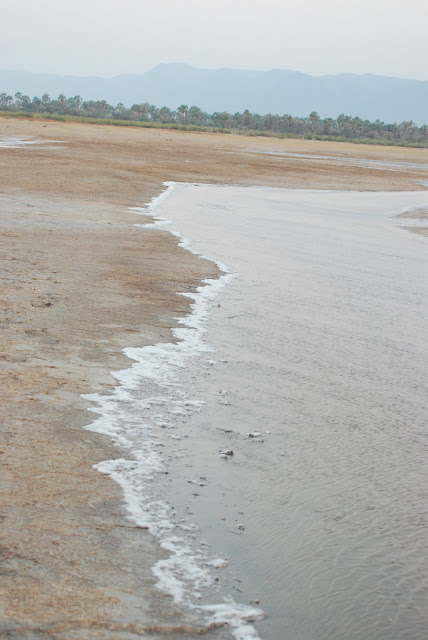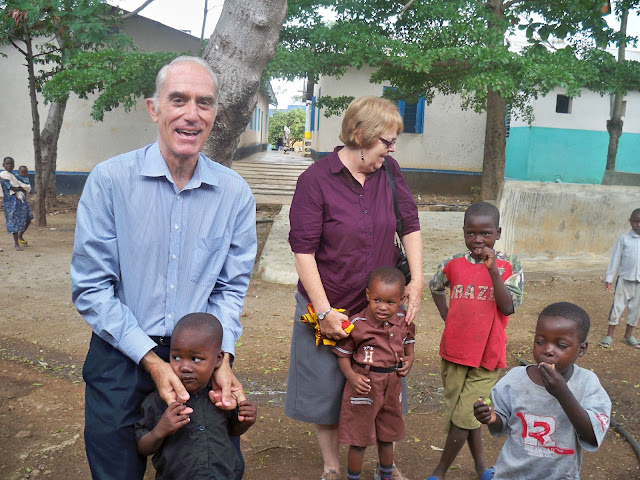Up the Mountain
It's been a busy week, but on Wednesday, the liturgical reading from the gospel caught my eye. Here it is Saturday morning but I (David) wanted to take some time to comment on it, since I found it very meaningful.
From Matthew 15
At that time:
Jesus walked by the Sea of Galilee,went up on the mountain, and sat down there.Great crowds came to him,having with them the lame, the blind, the deformed, the mute,and many others.They placed them at his feet, and he cured them.The crowds were amazed when they saw the mute speaking,the deformed made whole,the lame walking,and the blind able to see,and they glorified the God of Israel
While I wish to God that I could just reach out my hand, touch one of our students, Edward Apolo, on the shoulder and he would be healed of his cerebral palsy (and believe me I pray he gets cured), I certainly do believe there is much we can all do to bring healing to the lives of people with disabilities.
And it starts with us. Jesus never would have been able to cure the people he did had the crowds not known he would receive them. It strikes me as I read over the passage that Jesus did not go out and find these people with mobility issues, but that their friends and family brought them to Him. That's a lot of faith and compassion to carry or guide your friend or son who can't walk up a mountain to have them meet with Jesus. What efforts are we making to bring our friends and family members with disabilities to simply a better life experience, let alone an encounter with their Savior.
Here in Tanzania, we are still struggling with this concept. Schools are integrated with kids with disabilities in name only. Literally you are barred from coming to school if you have a disability. Furthermore, programs that do provide support for people with disabilities are usually boarding schools, where more well to do parents can send their students off and forget about them for a good amount of time. But at Huruma Special Unit, we are trying to make a place where parents and society can bring their family and friends to a place of growth, of education, and recognition of the God given dignity.
Yesterday, the parents of the students met for their bi-annual meeting. Huruma's principal was somewhat upset by the low turnout (12 of 42 families showed up). I also was somewhat disappointed, but in my broken Swahili, I tried to cheer them up by telling them that they were the ones that would make the difference. In America, almost seventy years ago we were at similar levels of treatment for people with disabilities and it was the parents that pushed the government to make serious changes (not that America is perfect in this issue). Hopefully some of my message came through.
Still, the faith of these 12 parents who came despite the societal message that they are wasting their time, despite the economic pressures they face just trying to feed their families, despite the long walk up to Huruma with the imminent threat of rain (and boy did it rain hard during the meeting!) presses me to invite you.
This Christmas season will you join those crowds of 2000 years ago and these 12 (and more) parents of Tanzania? Your prayers and your financial support can make a huge difference. Pray for courage for these parents and that others will take heart to join them in bringing quality education to children with disabilities. Pray that support would come in for next year so that Huruma can continue to pay its trained, dedicated staff in their calling ($40 a month covers all expenses for one child- mklm.org/Rossers). And pray, most importantly, that these children would come to know the curing power of Jesus love. Miracles do happen.
Thank you and Happy Advent
 |
| Parents of students at Huruma at Friday's meeting. |
















































